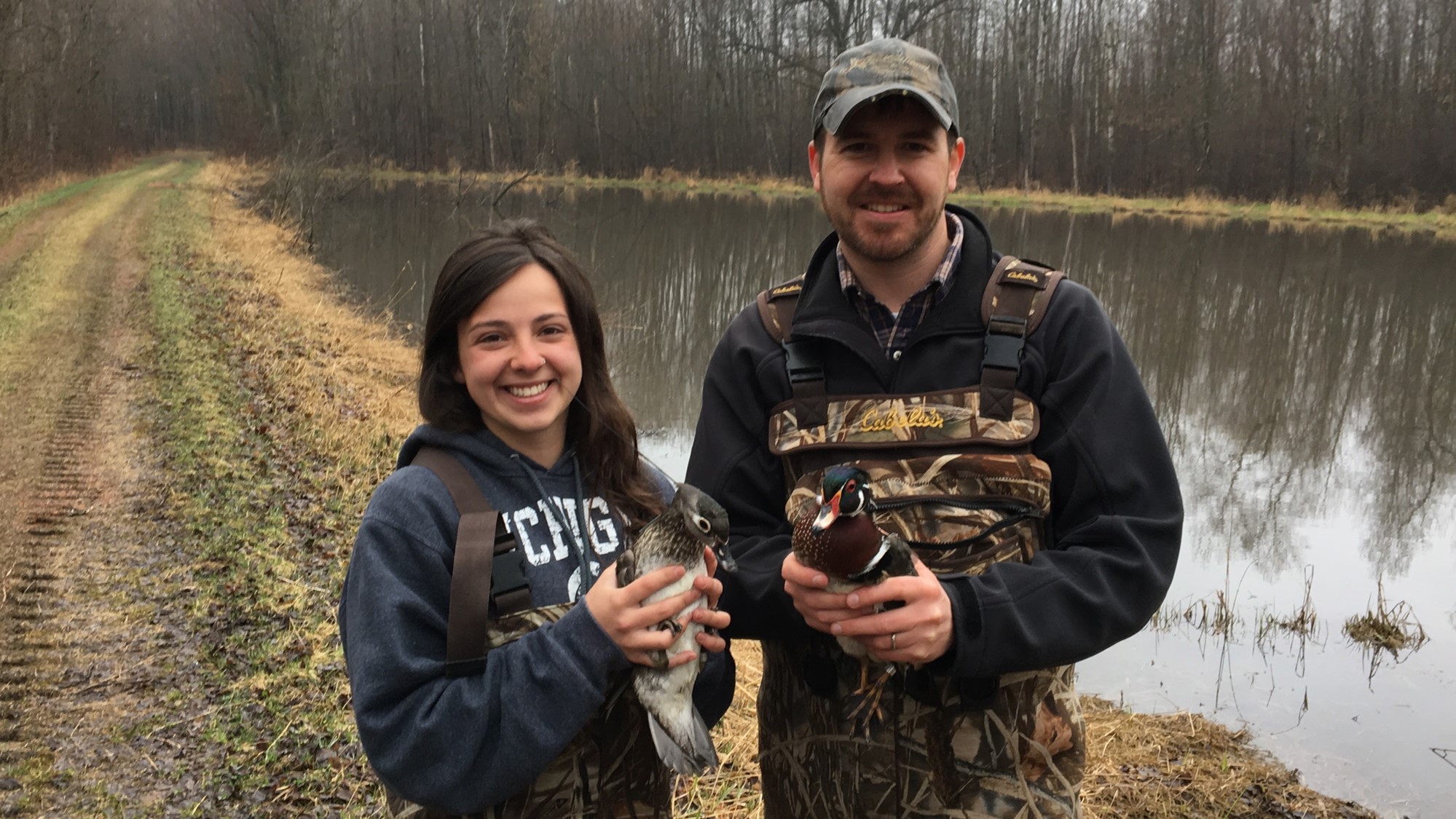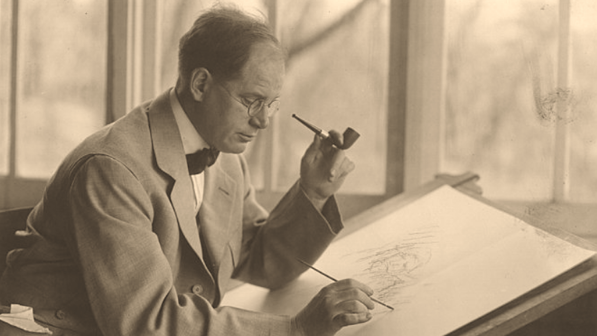____________________________________________________________________________________
Past Kennedy-Grohne Chair Projects:
Jacob Straub, Ph.D., was the Kennedy-Grohne Chair in Waterfowl and Wetlands Conservation from 2015-2018 and lead a variety of projects. Click the images below to learn more about the projects that occurred during his time at UWSP.



